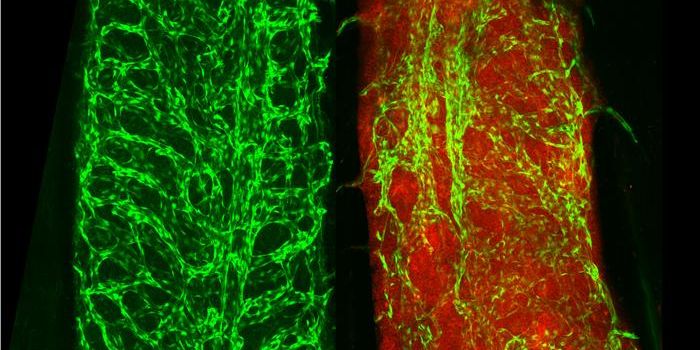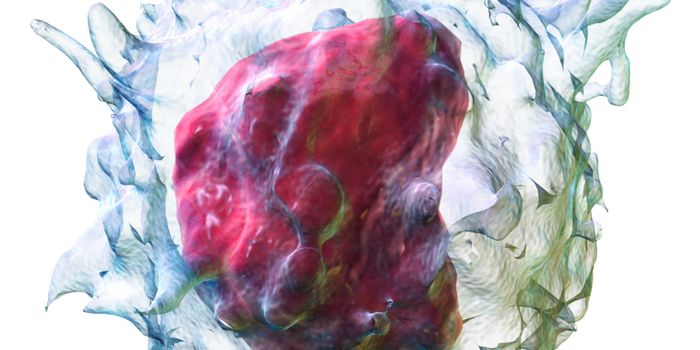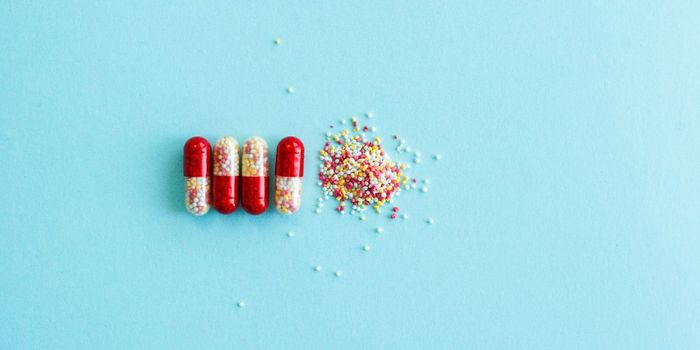Cancer cell lines are too dissimilar from human cancer cells
A new study finds cultured cancer cells lack genetic similarity to humans. This is concerning because cancer cell lines are often used in drug development efforts. The Johns Hopkins Medicine researchers say that their findings should signal a shift in focus in cancer treatment development from cell lines to genetically engineered mice and tumoroids. They report their results, which describe a computer modeling technique that compares RNA sequences among cancer genomes, in the journal Genome Medicine.
"It may not be a surprise to scientists that cancer cell lines are genetically inferior to other models, but we were surprised that genetically engineered mice and tumoroids performed so very well by comparison," noted lead investigator of the study Patrick Cahan, Ph.D. The differences between a human cell's natural environment and a laboratory growth environment explain the dissimilar genetics of cancer cell lines and human cancer cells. "Once you take tumors out of their natural environment, cell lines start to change," explains Cahan, who is an associate professor of biomedical engineering at The Johns Hopkins University and the Johns Hopkins University School of Medicine.
These conclusions were a result of the new modeling technique called CancerCellNet developed by the research team. With CancerCellNet, the team compared the genetic makeup of RNA sequences with data from a cancer genome atlas and found that genetically engineered mice and tumoroids have RNA sequences most similar to cancer cells. They found this to be true in 4 out of every 5 tumor types they tested, which included breast, lung, and ovarian cancers.
CancerCellNet uses RNA to analyze genetic similarities for multiple reasons. "RNA is a pretty good surrogate for cell type and cell identity, which are key to determining whether lab-developed cells resemble their human counterparts," comments Cahan. "RNA expression data is very standardized and available to researchers, and less subject to technical variation that can confound a study's results.
The researchers have submitted a patent for CancerCellNet and extend the hope that their findings will help inform current and future cancer research models. They continue to work on making CancerCellNet more reliable and precise.
Sources: Genome Medicine, Science Daily








